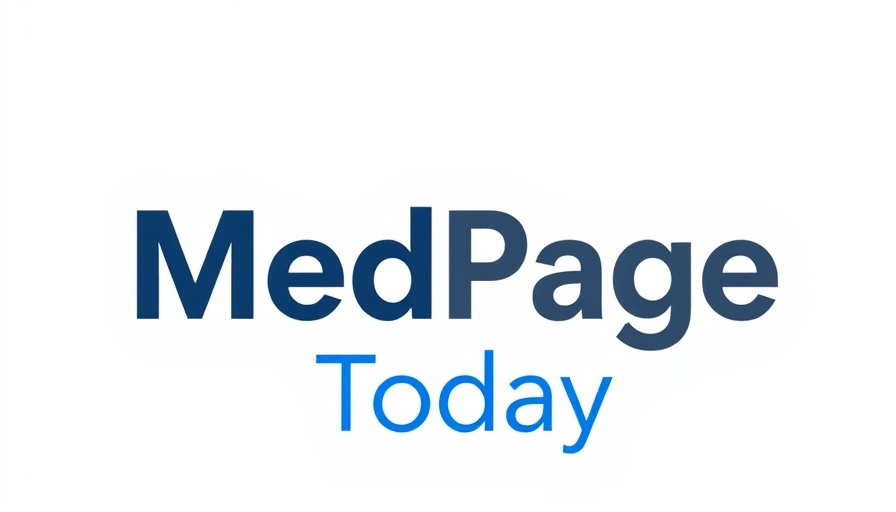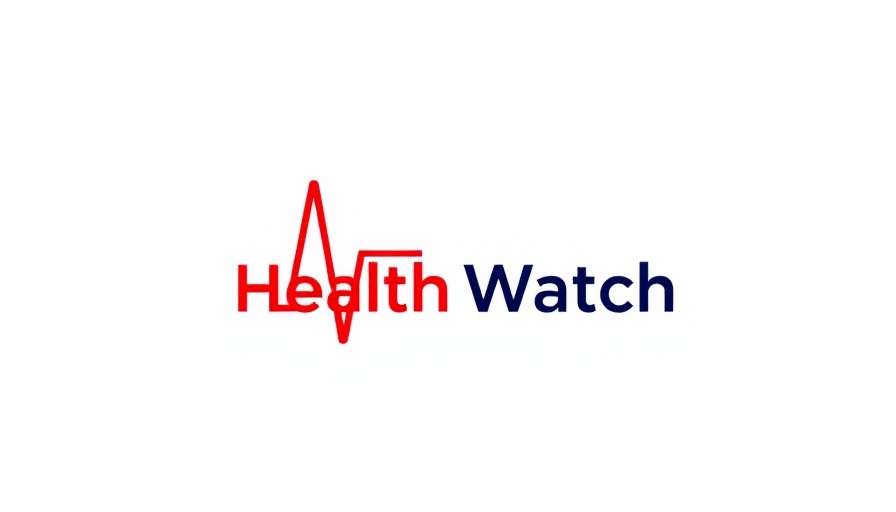
The Shift in Vaccination Guidance: What This Means for Families
In a controversial turn of events, Robert F. Kennedy Jr. has brought significant attention to the CDC's recommendation regarding COVID-19 vaccinations for healthy children and pregnant women. The CDC has been a leading authority in public health, and the guidelines they set can influence health practices across the nation. Kennedy's stance has reignited debates about vaccine efficacy and safety, particularly as it concerns vulnerable demographics.
Understanding the CDC's Previous Recommendations
Previously, the CDC strongly advocated for COVID-19 vaccinations for various age groups, emphasizing their role in controlling the pandemic. The rationale was clear: protect not just the individual but also the community at large through herd immunity. However, concerns regarding the long-term effects of the vaccine on young children and pregnant women have sparked a counter-narrative.
Voices of Concern: The Vaccine Debate Intensifies
Opponents of mandatory vaccinations, including Kennedy, argue that the risks associated with the COVID-19 vaccine for younger populations may outweigh the benefits, especially given that healthy kids are less likely to experience severe illness from the virus. This perspective challenges the more traditional view held by many public health officials. The discussion also raises concerns about parental choice versus public health mandates, an ongoing theme in the broader vaccine conversation.
The Role of Public Figures in Health Discourse
Kennedy's actions exemplify how public figures can significantly sway public opinion on health matters. His push against the CDC’s recommendations highlights the necessity for transparency and trust in health communication. When influential voices challenge established guidelines, it can lead to both fear and a push for more robust dialogue on vaccine safety.
A Broader Context: The Effect of Misinformation
The tension surrounding COVID-19 vaccinations is not isolated. National dialogues increasingly reveal a rift in trust towards health authorities. Misinformation about vaccines proliferates online, with various platforms aiding in spreading both fears and misconceptions. This raises important questions about how society navigates facts and beliefs in health decision-making.
Future Predictions: Implications of Changing Vaccine Guidance
As discussions evolve, the potential implications for vaccine policy remain considerable. If significant pushback occurs against vaccine recommendations, public health agencies may find themselves in a precarious position. The future could see adjustments in policies based on public sentiment and ongoing research outcomes. Thus, it's crucial for families to remain informed and critically evaluate the information being presented.
Empowering Parents: The Importance of Informed Choices
With so much information circulating, parents are urged to engage in open-ended conversations with healthcare providers. Vaccines are not a one-size-fits-all solution, and understanding the nuances is vital. Getting more information from trusted sources can lead to informed decisions that prioritize both individual and community health.
Conclusion: Navigating the Landscape of Vaccine Recommendations
The conversation surrounding COVID-19 vaccinations for children and pregnant women is far from over. Public figures like RFK Jr. play a pivotal role in shaping opinions, but families must also seek accurate information and weigh their healthcare choices carefully. As recommendations and regulations evolve, staying informed will empower individuals to make choices that best suit their health and values.
 Add Row
Add Row  Add
Add 




Write A Comment